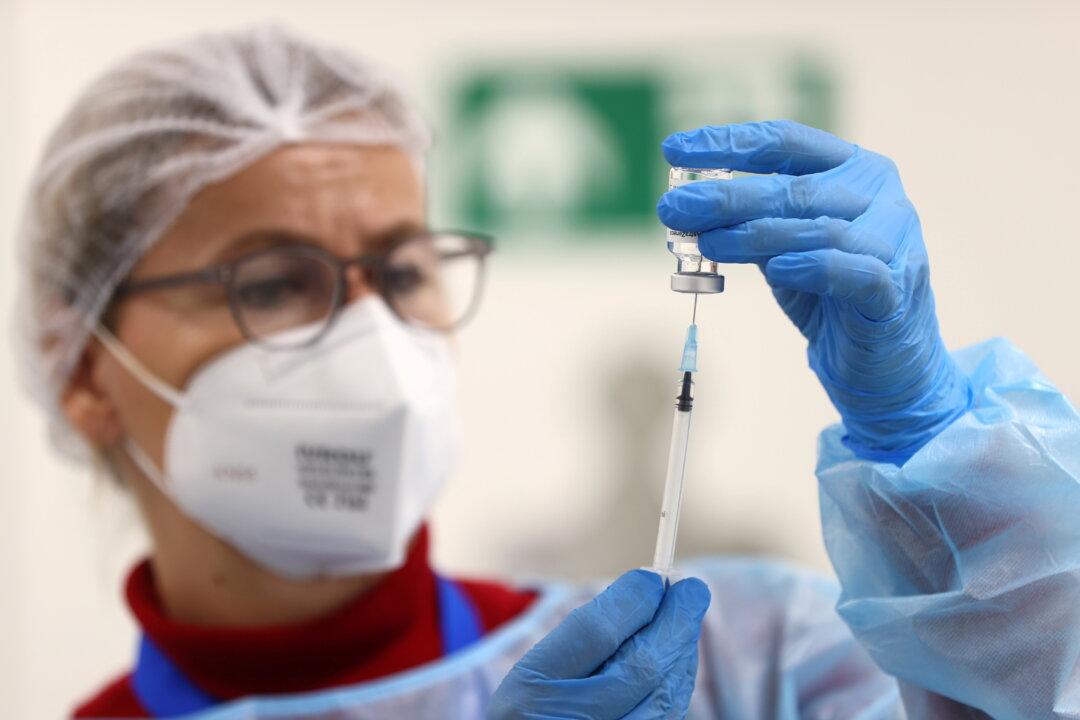A German team of researchers this week said they may have discovered what causes rare blood clots in some COVID-19 vaccine recipients.
Rolf Marschalek, a professor at Goethe University in Frankfurt who has been involved in studies looking into the rare clotting condition caused by the Oxford-AstraZeneca vaccine, said his researcher showed the issue may be triggered due to adenovirus vectors.





